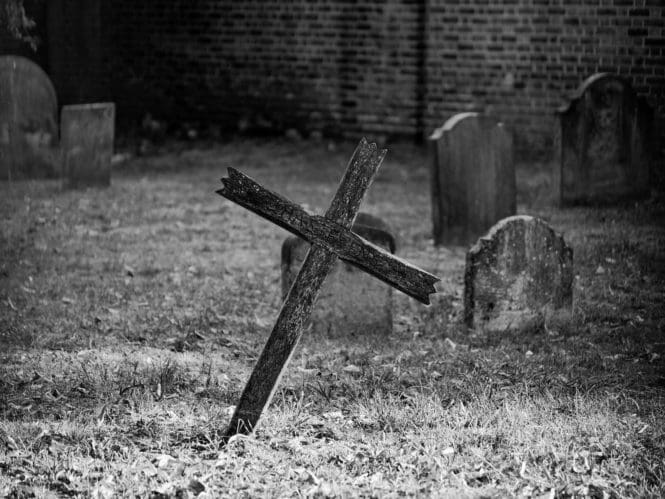Over the coming weeks, we’re going to take a closer look at the closure of Episcopal churches. We’ll look at this issue from a variety of perspectives, including trends, forecasts, and the implications of church closures.
So, one of the first things we’re going to examine is a crude but telling indicia of organizational vitality, which is the number of churches and missions. Specifically:
- In 2004 there were 7,200 churches and missions.
- By 2021, the total was 6,294.
In other words, one in seven churches closed during the last 17 years.
Correlate this data with congregational size, and things look dire:
- In 2020, 392 congregations had average Sunday attendance of ten or less.
- In 2021, the number of congregations with ten or fewer in attendance jumped to 568.
Such congregations are almost invariably living on borrowed time, one major repair away from closure.
To make matters worse, such congregations comprise almost 10 percent of all Episcopal communities. In other words, one in ten parishes is on the brink of closing.
And, as we previously reported, burials now outnumber baptisms and weddings combined. These high water marks of communal life make clear that, to use some sales-speak, there’s nothing in the pipeline. And with 35 percent of church members aged 65+, the Episcopal church has among the highest average ages of any denomination.
Meanwhile, while pledges continue to increase, they failed to keep pace with inflation. Thus, while the church still holds enormous assets, comprising both cash and real estate, its financial posture is eroding. This is complicated by the church’s tendency to cling to real estate — like the Washington National Cathedral — with enormous carrying costs and minimal opportunities to monetize the underlying asset.
Compounding matters is the that the denomination still has next to no planning for re-engagement post-pandemic. Indeed, far too often we hear parishes chirpily talking about “returning to” things — mission trips, having a choir, parish retreats — instead of “going to” new things.
In short, there is zero doubt that the Episcopal Church as we know it is in hospice care. The end won’t come within 6 months, but to paraphrase a line from the Bible, many alive today will live to see the end of the church.
Next: Qualitative factors in decline.


One wonders what will become of parish endowments if the parish runs out of people. Will the diocese and then the national church get its hand on the money?
Clearly they are willing to be as dirty as possible to get every bit of property and money as possible. The national church is an awful trust/ real estate fund. The churches would be so much better off without the pointless oversight. Maybe I should become an Episcopalian again just so when all the boomers die off I’ll be the only one left.